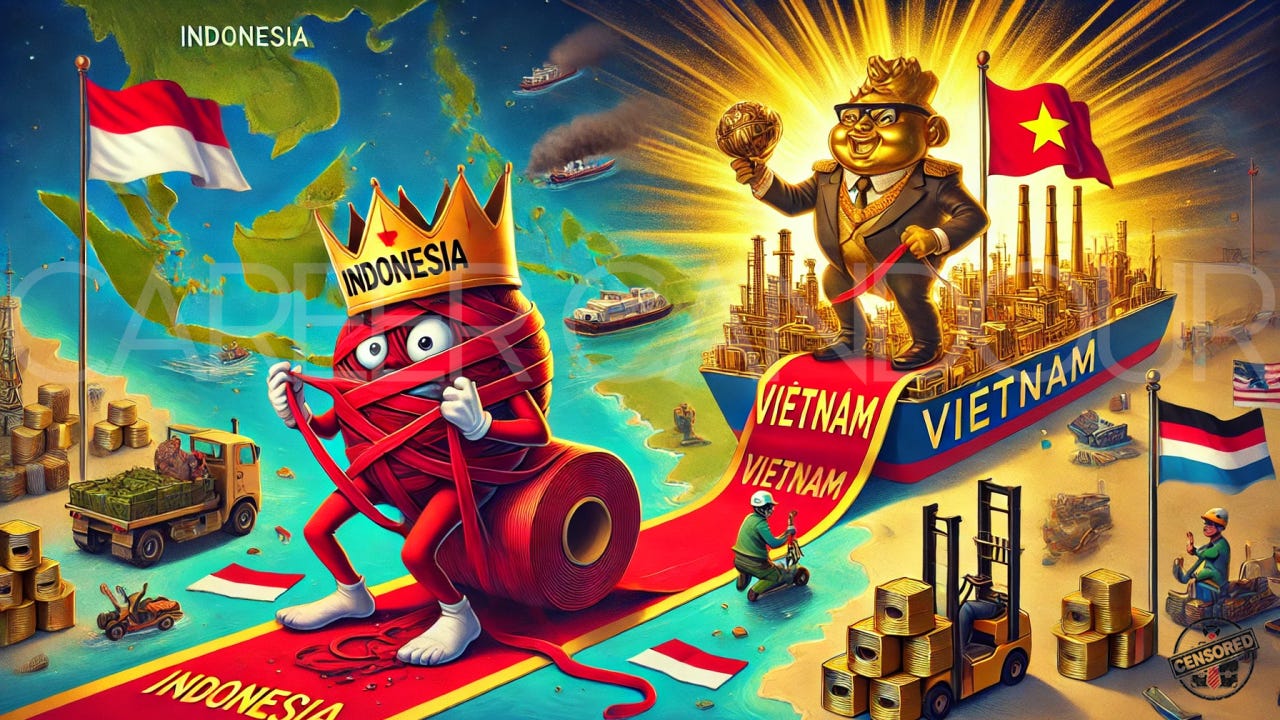Is Vietnam About to Take Indonesia's Crown as Southeast Asia’s "Golden Child"?
For years, Indonesia strutted onto the Southeast Asian stage with all the confidence of a natural-born leader. The demographics were amazing, the resources abundant, and the market size enough to make any investor drool. It was the prom king of ASEAN. Sure, a little unpolished, but brimming with potential. Venture capitalists lined up to throw money at …




